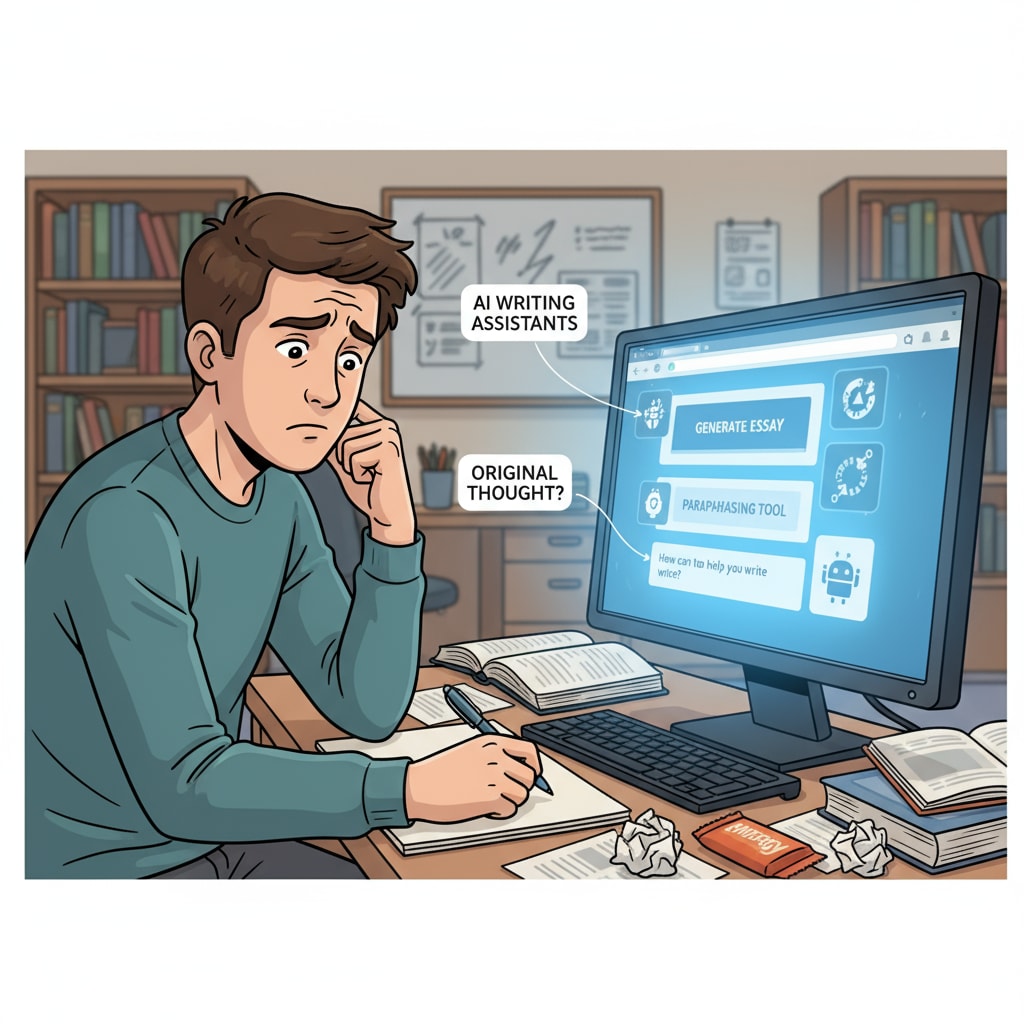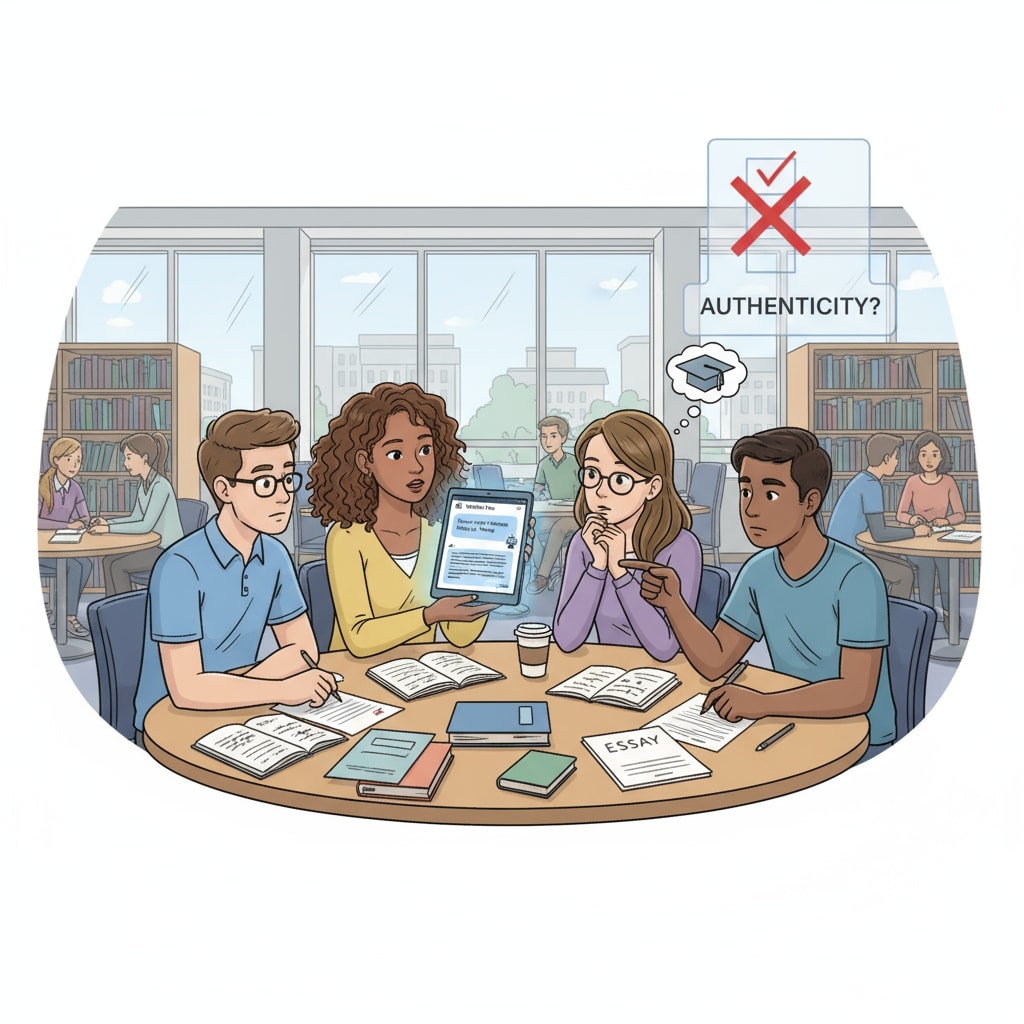In the era of rapid technological advancement, the issue of student writing, assignment authenticity, and educational purpose has taken on a new dimension. The widespread use of AI in education has led to a concerning disconnect between students’ actual writing capabilities and the quality of their homework. This phenomenon not only challenges the traditional assessment methods but also makes us rethink the true goals of writing education.

The Alarming Disconnect
Today, it’s not uncommon to see students who struggle during in-class writing exercises but submit seemingly polished and sophisticated assignments. This stark contrast is largely due to the availability of AI writing tools. These tools can generate well-structured essays, stories, and reports with just a few clicks. As a result, teachers are facing the difficult task of discerning whether the work submitted is truly the student’s own. For example, a student who has always shown basic writing skills in class might suddenly turn in a high-level research paper that is far beyond their demonstrated ability. Artificial intelligence in education on Wikipedia
The Root Causes
One of the main reasons for this disconnect is the pressure on students to achieve good grades. In a highly competitive educational environment, the temptation to use AI to boost assignment quality is strong. Additionally, some students may lack confidence in their writing abilities and see AI as a shortcut. Another factor is the lack of proper education about academic integrity. Many students may not fully understand the importance of submitting original work. Moreover, the ease of access to AI tools has made it extremely convenient for them to use these tools without thinking about the consequences. Education on Britannica

The Detrimental Effects
This phenomenon has several negative impacts. Firstly, it undermines the educational system’s credibility. If students can get good grades without actually learning the skills, the value of a diploma is diminished. Secondly, it hinders students’ own development. Writing is not just about producing a good piece of work; it’s a process of critical thinking, creativity, and self-expression. By relying on AI, students miss out on these important aspects of learning. Finally, it creates an unfair advantage for those who cheat, which can demotivate honest students.
Redefining the Purpose of Writing Education
To address this crisis, we need to redefine the purpose of writing education. Instead of focusing solely on the end product, we should emphasize the process. Teachers should guide students through every step of writing, from brainstorming to revising. This way, students will develop the skills they need to write independently. Moreover, educational institutions should incorporate lessons on digital ethics and academic integrity into the curriculum. By doing so, students will understand the importance of honesty in their academic work.
Readability guidance: This article has used short paragraphs and lists to summarize key points. Each H2 section has provided relevant information in a clear manner. The passive voice and long sentences have been kept to a minimum, and transition words have been used throughout to enhance the flow of the article.


